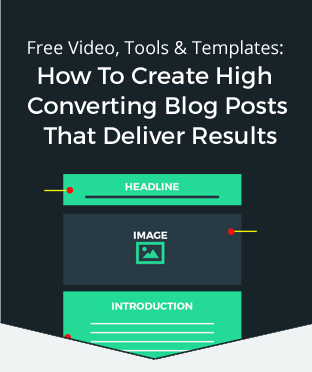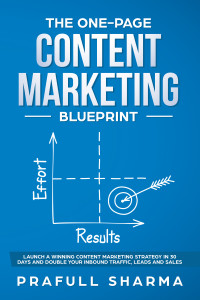B2B Lead Scoring: Making It Work for You
You probably do not need a long explanation when it comes to discussing B2B lead scoring. The basic practice is most likely familiar to you, yet it seems so many B2B companies utilize the lead scoring system on a causal basis or with little thought to where a potential lead actually is in the decision-making process.
In the B2B industry, lead scoring is the automated process of determining the readiness of a sale lead by using a rank and scoring system. By gauging the readiness of a lead to follow through with a sale, we can target those leads we need to nurture and connect our sales with our marketing. Over half of B2B marketers (58 percent) claim to use lead scoring in order to increase effectiveness in marketing efforts, while the goal remains boosting sales leads.
Marketo points out that scoring methods should include a combination of demographics, budget considerations, behaviour, and need. Attributes contribute to a lead’s score, which can then grow into a sale. This is the crossroads at which sales and marketing come together; delivering the right lead at the right time will lead to a successful experience. B2B lead scoring will let you know who is ready and when, and joining forces with the sales team is a step toward maximizing your efforts.
B2B Lead Scoring Guidelines
How do you assign lead scores to potential buyers? It is often helpful to examine ones:
Behaviour: How customers act should give you an indication as to whether or not they are serious about the transaction. Are there noticeable patterns throughout the buying cycle?
Intention: Jeff Pedowitz recommends asking not when a potential customer will decide to buy, but how important it is to make a decision over the upcoming months.
Engagement: Consider how many emails are opened and how often a contact visits your website. Look at e-book downloads, social media response, and campaign participation.
Demographics: Company position and size, budget, and current need are all important to the process.
Not Every Lead Is A Good Lead
Your B2B lead scoring list will depend on how you want your customer to act. Is it more important for a potential buyer to click on an email, download an infographic, or respond to a webinar than read a whitepaper in your industry? That is a decision you have to make. Leads can also come from an e-book response, an appearance at a trade convention, and interaction with blog posts.
At the same time, not all leads should be sent on to sales. Just because a potential lead looks promising does not mean it is always a qualified lead. This is where collaboration with the sales team proves to be beneficial, so that there is agreement on pursuing a lead or letting it go.
An effective lead scoring system will help to filter out the “maybe” buyers from the “almost certain” buyers. This system will look different for every company, and a sophisticated setup is not necessary for everyone.
A Unique Challenge
The B2B world is unique, complex, and challenging. Effective B2B lead scoring can turn prospects into customers, potential buyers into business partners, and browsers into engagers. You are dealing with multiple people in the driver’s seat, all grasping for a turn at the wheel as decisions need to be made and connections need to be created.
Defining a B2B lead scoring system is part of the bigger picture, which includes driving sales, a team effort between sales and marketing, and refining the lead scoring system when it becomes necessary. No method will always work perfectly; there is a time to step back and look over what has been accomplished, make changes, and carry on into future successes.
Share This Story
Get the latest growth ideas, strategies, and best practices delivered to your inbox.
Quick read that helps 7000+ subscribers.









